Our methodology employs the SymECCipher Model within a digital healthcare framework to secure sensitive data, especially for depression detection. This model integrates ECC for key exchange and AES for data encryption. It encompasses a User…
Category: 7. Maths
-
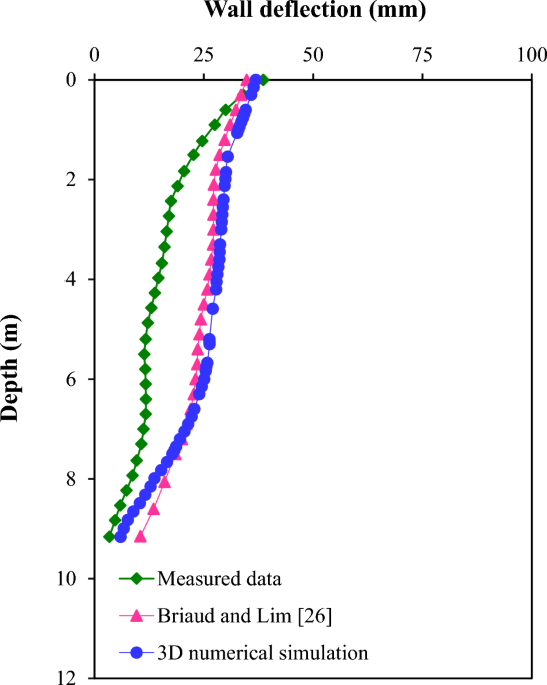
Developing new machine-learning intelligent models to predict the excavation-tunnel displacements
Definition of the artificial neural network (ANN)-base model
Artificial neural networks (ANNs) were chosen as the core algorithm for developing the intelligent prediction model due to their exceptional capacity for modeling complex, nonlinear…
Continue Reading
-
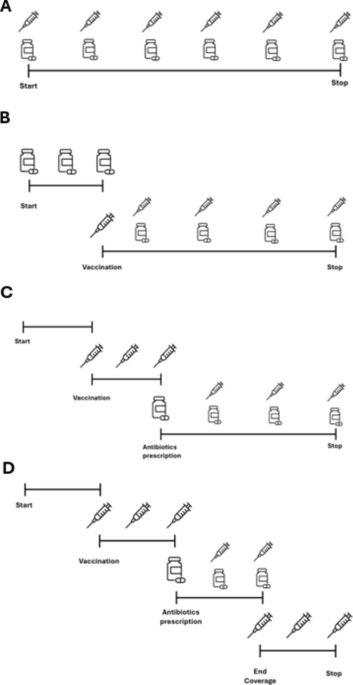
Handling multiple time-varying exposures in survival analysis using real-world pediatric data from the pedianet database
This work is supported by PNRR 2022-NAZ-0524 — PRIN 2022 under the National Recovery and Resilience Plan (PNRR), Mission 4, Component 2, Investment 1.1 – Call 1409/22: Covid-19 and Acute Respiratory Infections: the Clinical and…
Continue Reading
-
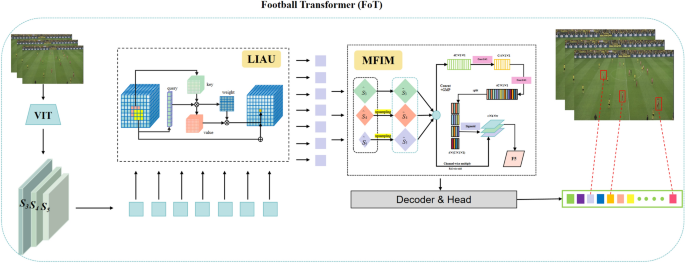
FoT: an efficient transformer framework for real-time small object detection in football videos
Overview
The proposed Football Transformer (FoT) is an end-to-end object detection framework specifically designed for complex football video scenarios, aiming to achieve both high accuracy and real-time efficiency. As illustrated in Figure 1,…
Continue Reading
-
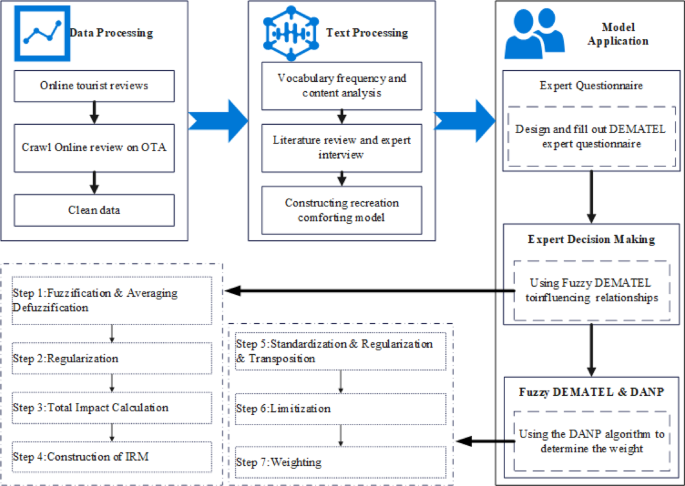
Recreation comforting degree identification and assessment in national parks by integrating text mining technology and fuzzy DEMATEL-based ANP method
Pietilä, M. & Kangas, K. Examining the relationship between recreation settings and experiences in Oulanka National Park – A Spatial approach. J. Outdoor Recreation Tourism. 9, 26–36 (2015).
Continue Reading
-
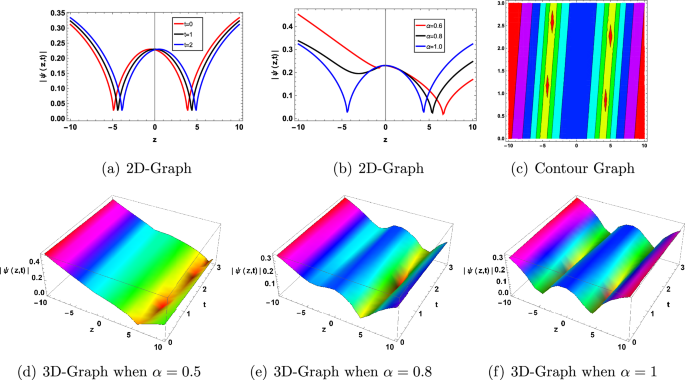
Optical soliton solutions, dynamical and sensitivity analysis for fractional perturbed Gerdjikov–Ivanov equation
In this section, we will discuss the dynamical behavior through bifurcation and sensitivity.
Bifurcation analysis
From (18), we can write as
$$\begin{aligned} F^{”}=\frac{\alpha _1\kappa ^2+\alpha _4\kappa -\kappa \omega }{\alpha…
Continue Reading
-

Improved railway track faults detection using Mel-frequency cepstral coefficient and constant-Q transform features
This section discusses dataset collection and strategy, feature extraction techniques, machine learning methods for classification, and the recommended approach.
Dataset collection
The dataset holds crucial importance in the automated…
Continue Reading
-
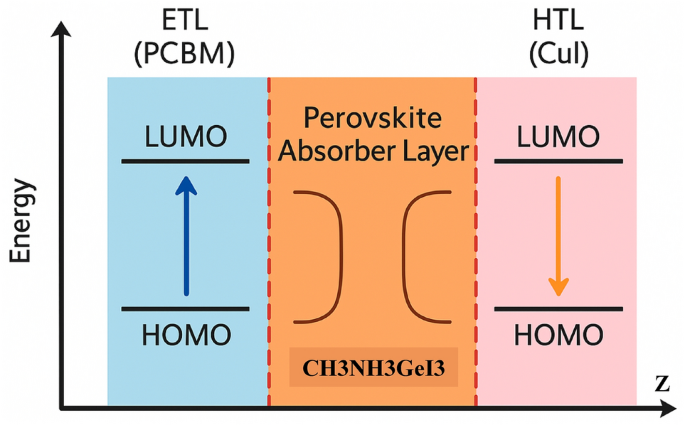
Fractional differential quadrature method for modeling composite halide perovskite solar cells
Firstly, Discrete singular convolution differential quadrature (DQ) method combined with the technique of block-marching to analyze the halide perovskite CH3NH3GeI3 layer inserted between two layers (Electron transport layer- Hole transport…
Continue Reading
-
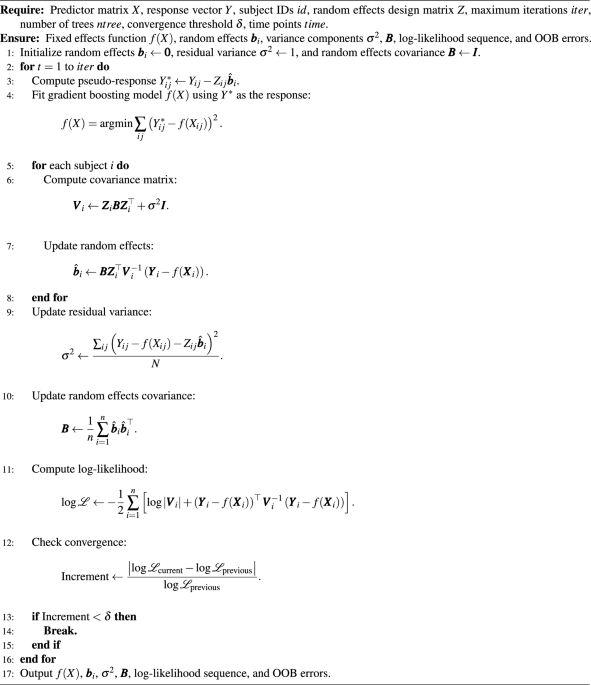
Mixed effect gradient boosting for high-dimensional longitudinal data
Mixed Effect Gradient Boosting (MEGB) is a hybrid statistical and machine learning technique that integrates the strengths of gradient boosting with mixed-effects modelling, addressing the unique challenges of longitudinal or hierarchical data….
Continue Reading
-
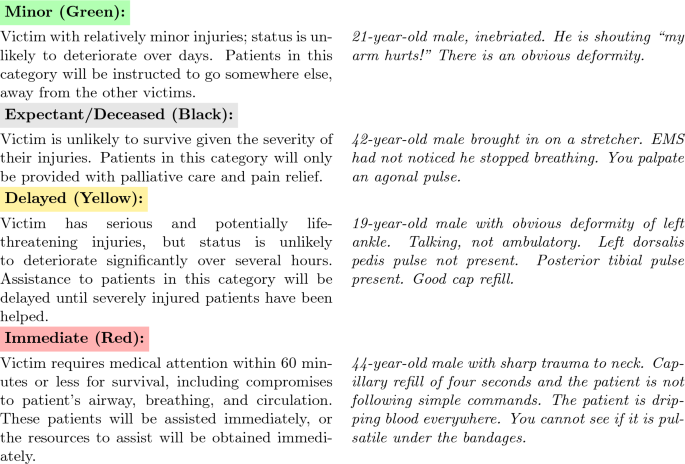
Medical triage as an AI ethics benchmark
In this work, we demonstrated the ability of LLMs to solve ethical dilemmas in the medical context. All models, except Mistral, consistently outperformed random guessing on the TRIAGE benchmark. This indicates that models do indeed have a good…
Continue Reading
